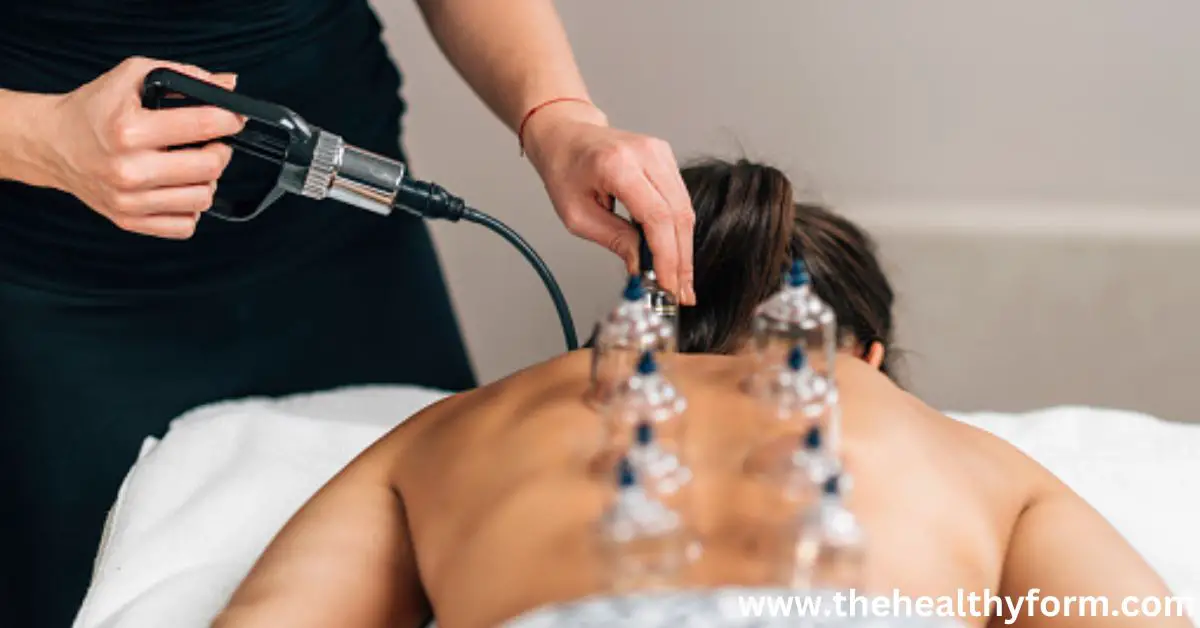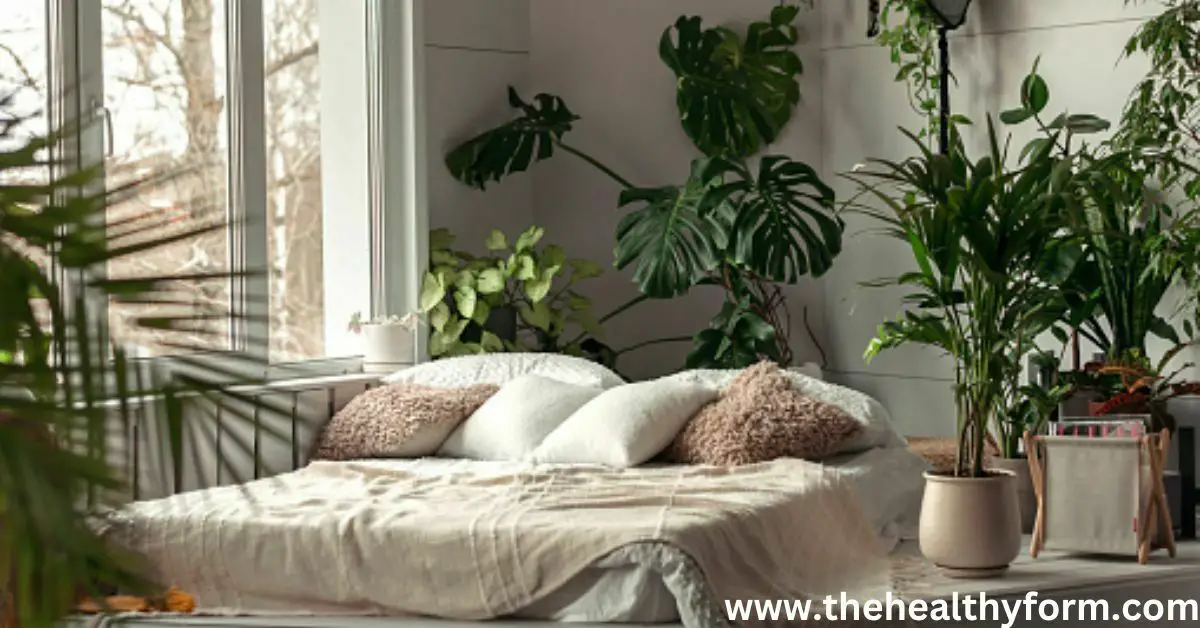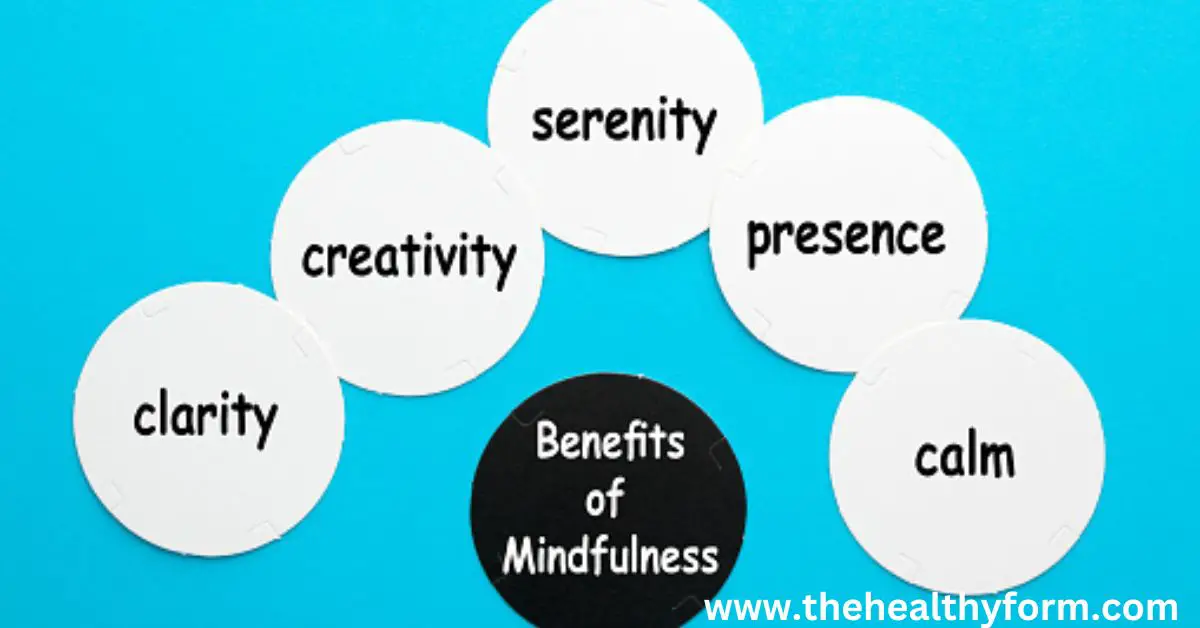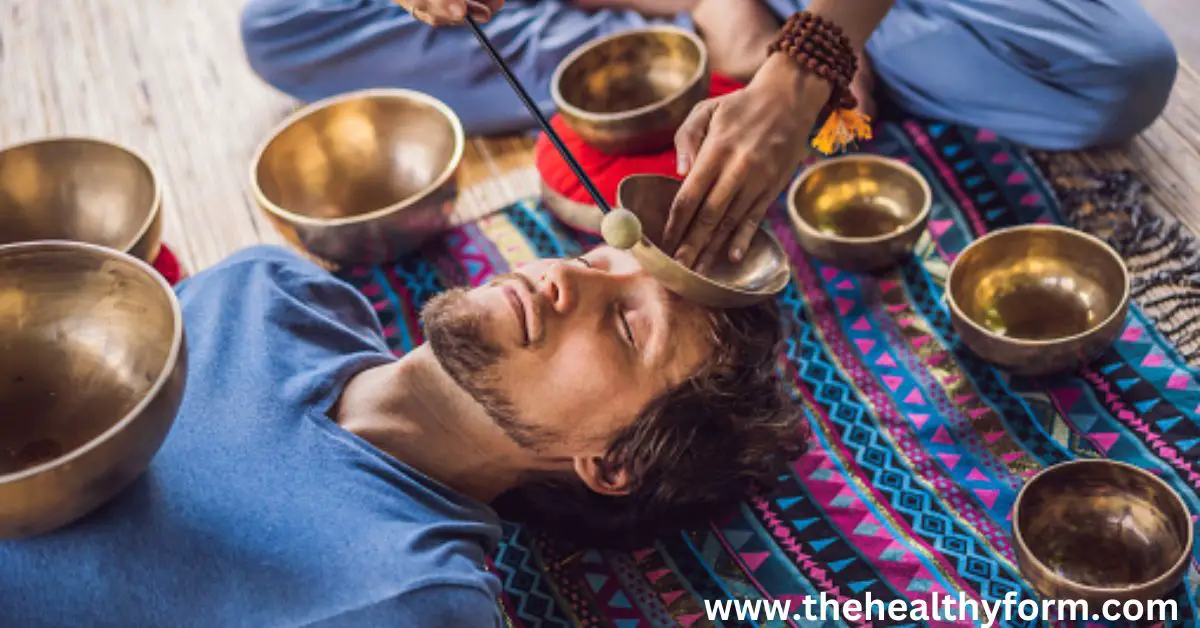The Use Of Essential Oils For Mental And Physical Health
The use of essential oils for mental and physical health is a popular choice for promoting mental and physical health, with various oils said to have different benefits. In this blog, we’ll explore the effectiveness of essential oils for mental and physical health, including how they work, the risks and benefits, and how to choose and use them.

What are essential oils, and how do they work for mental and physical health?
Essential oils are concentrated plant extracts that are typically extracted through steam distillation. They are commonly used for their aromatic properties and are believed to have various therapeutic benefits. Essential oils can be inhaled, applied topically, or used in a diffuser to release their aroma. It is believed that the aroma of essential oils can affect the brain and body in various ways, including reducing stress and promoting relaxation.
How effective are essential oils for mental and physical health compared to other treatment options?
The effectiveness of essential oils for mental and physical health is controversial, with some studies suggesting they may be effective and others finding no benefit. A systematic review of studies found that aromatherapy, which involves essential oils, may effectively reduce anxiety and improve sleep. However, more research is needed to fully understand the effectiveness of essential oils compared to other treatment options.

What are the risks and benefits of using essential oils for mental and physical health?
Like any treatment option, essential oils have risks and benefits. Some potential benefits of using essential oils for mental and physical health include:
- Natural ingredients: Essential oils are made from natural plant extracts, which may appeal to some people.
- Fewer side effects: Essential oils are generally considered safe and have few side effects compared to traditional medications.
Some potential risks of using essential oils for mental and physical health include:
- Lack of effectiveness: Some studies have found that essential oils are no more effective than a placebo in treating mental and physical health conditions.
- Skin irritation: Some essential oils can cause skin irritation when applied topically, particularly if not diluted properly.
- Interactions with medications: It’s important to inform your healthcare provider if you use essential oils, as they could interact with other medications.
How to choose and use essential oils for mental and physical health?
When choosing and using essential oils for mental and physical health, consider the following factors:
- Quality: Look for essential oils made from high-quality ingredients and prepared according to established standards.
- Dilution: Some essential oils should be diluted with a carrier oil before applying topically to reduce the risk of skin irritation.
- Recommendations: Ask for recommendations from your healthcare provider or friends and family who have succeeded with essential oils for mental and physical health.
- Use as directed: Follow the recommended usage instructions for each essential oil to ensure safe and effective use.
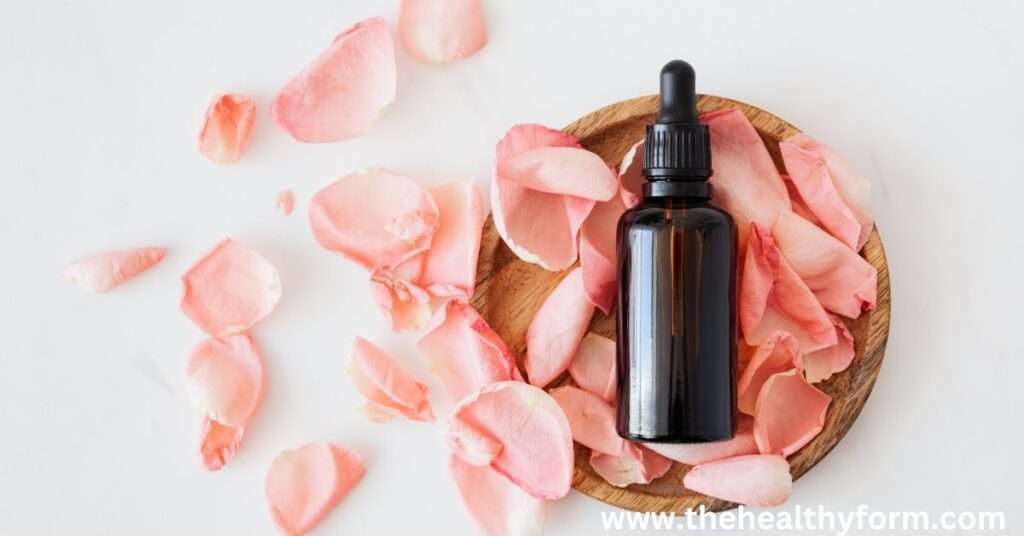
What to expect during treatment with essential oils for mental and physical health?
During treatment with essential oils for mental and physical health, you can expect the following:
- Consultation: Your healthcare provider may ask questions about your medical history and symptoms to determine if essential oils are a suitable treatment option.
- Selection of oils: Your healthcare provider or a trained aromatherapist will recommend specific essential oils based on your needs and preferences.
- Administration of oils: Essential oils can be inhaled, applied topically, or used in a diffuser to release their aroma.
- Follow-up: Your healthcare provider or aromatherapist will likely recommend follow-up visits to monitor your progress and make necessary adjustments to your treatment plan.
How long does treatment with essential oils for mental and physical health typically last?
The length of treatment with essential oils for mental and physical health will depend on the severity and cause of your symptoms. Some people may experience relief after just a few uses, while others may require ongoing treatment. Your healthcare provider or aromatherapist can provide a specific timeline based on your needs.
Can essential oils be a standalone treatment for mental and physical health?
Essential oils can be used as a standalone treatment for mental and physical health or combined with other therapies, like medications or talk therapy. Your healthcare provider or aromatherapist can recommend the best treatment based on your needs.
What are the long-term effects of using essential oils for mental and physical health?
The long-term effects of using essential oils for mental and physical health will depend on the severity and cause of your symptoms. Some people may experience long-term relief with regular essential oils, while others may require ongoing treatment to manage their symptoms. Working with your healthcare provider or aromatherapist is important to determine the best treatment for your needs.
How can essential oils be used to prevent future health issues?
Essential oils can prevent future health issues by supporting overall health and wellness. Regular use of essential oils can help to reduce stress and promote relaxation, which may help to prevent future health issues.
What are the most common misconceptions about using essential oils for mental and physical health?
There are several common misconceptions about using essential oils for mental and physical health, including:
- Essential oils are not “real” medicine: While they are considered alternative medicine, they are based on established principles and can effectively promote mental and physical health.
- Essential oils are not regulated: While essential oils are not regulated in the same way as traditional medications, they are required to meet certain standards for quality and safety.
- Essential oils are only for those “into” alternative medicine: While they may appeal to those interested in alternative medicine, they are increasingly being used by people from all walks of life as a natural and drug-free treatment option for mental and physical health.
- Essential oils are only for short-term relief: While essential oils can provide short-term relief, they can also be used for long-term management of mental and physical health conditions.
FAQ about The Use Of Essential Oils
Here are some of the most common questions people have about the use of essential oils:
What are essential oils?
Essential oils are concentrated plant extracts like lavender, peppermint, and eucalyptus. These oils contain the plant’s natural fragrance and chemical compounds, which can have various therapeutic benefits.
How can essential oils improve mental health?
Essential oils can be used in aromatherapy to promote relaxation, reduce stress, and improve mood. Some oils, such as lavender and chamomile, have been shown to have calming effects on the mind and body.
Can essential oils help with physical ailments?
Essential oils can address physical ailments such as headaches, muscle pain, and digestive issues. For example, peppermint oil has been shown to relieve tension headaches, and ginger oil can aid in digestion.
How are essential oils used?
Essential oils can be used in several ways, including inhalation, topical application, and ingestion. Inhalation can be achieved by diffusing the oil in a diffuser, adding it to a bath, or inhaling it directly from the bottle. The topical application involves diluting the oil in a carrier oil and applying it to the skin. Ingestion should only be done under the guidance of a qualified healthcare professional.
Are there any safety concerns with using essential oils?
Essential oils are generally safe when used properly but can cause skin irritation and other adverse reactions if not used correctly. It is important to dilute essential oils before applying them to the skin and to avoid ingesting them unless under the guidance of a qualified healthcare professional.
Can essential oils be used in place of traditional medical treatment?
No, essential oils should not be used as a substitute for traditional medical treatment. They can complement traditional treatments but should not be relied upon as the sole treatment for any medical condition. It is important to consult with a healthcare professional before using essential oils to address any health concerns.
Conclusion
Essential oils are a popular and potentially effective treatment option for promoting mental and physical health. They have concentrated plant extracts commonly used for their aromatic properties and are believed to have various therapeutic benefits. While the effectiveness of essential oils for mental and physical health is controversial, they are generally considered safe and have few side effects.
Choosing high-quality oils and following recommended usage instructions is important to get the most out of essential oils for mental and physical health. Working with a healthcare provider or trained aromatherapist is important to determine the best treatment for your needs. Whether used as a standalone treatment or in combination with other therapies, essential oils can be a powerful tool in promoting overall health and wellness.

